Your perfect role is out there.
Let's go find it.
Powered by curiosity
Looking for talent?
LMA goes beyond just filling jobs; we identify candidates who match your business's current demands and future goals. Learn more about our recruitment solutions today.
Who are we
We’re LMA, a professional recruitment agency that’s powered by curiosity. We’re here to create better outcomes for clients and jobseekers all around the world, by asking better, more meaningful questions that lead to positive change, for their companies, and their careers. We operate within the finance, banking & financial services, human resources, operations, business support sectors across Asia, the UK and the US.
Part of Empresaria
Founded in 1996, Empresaria Group plc is a global specialist staffing group operating across 6 diversified sectors in 17 countries but supplying to many more. Driven by their passion for the staffing industry, they are committed to positively impacting the lives of people, while delivering exceptional talent to clients globally.
Our recruitment services











